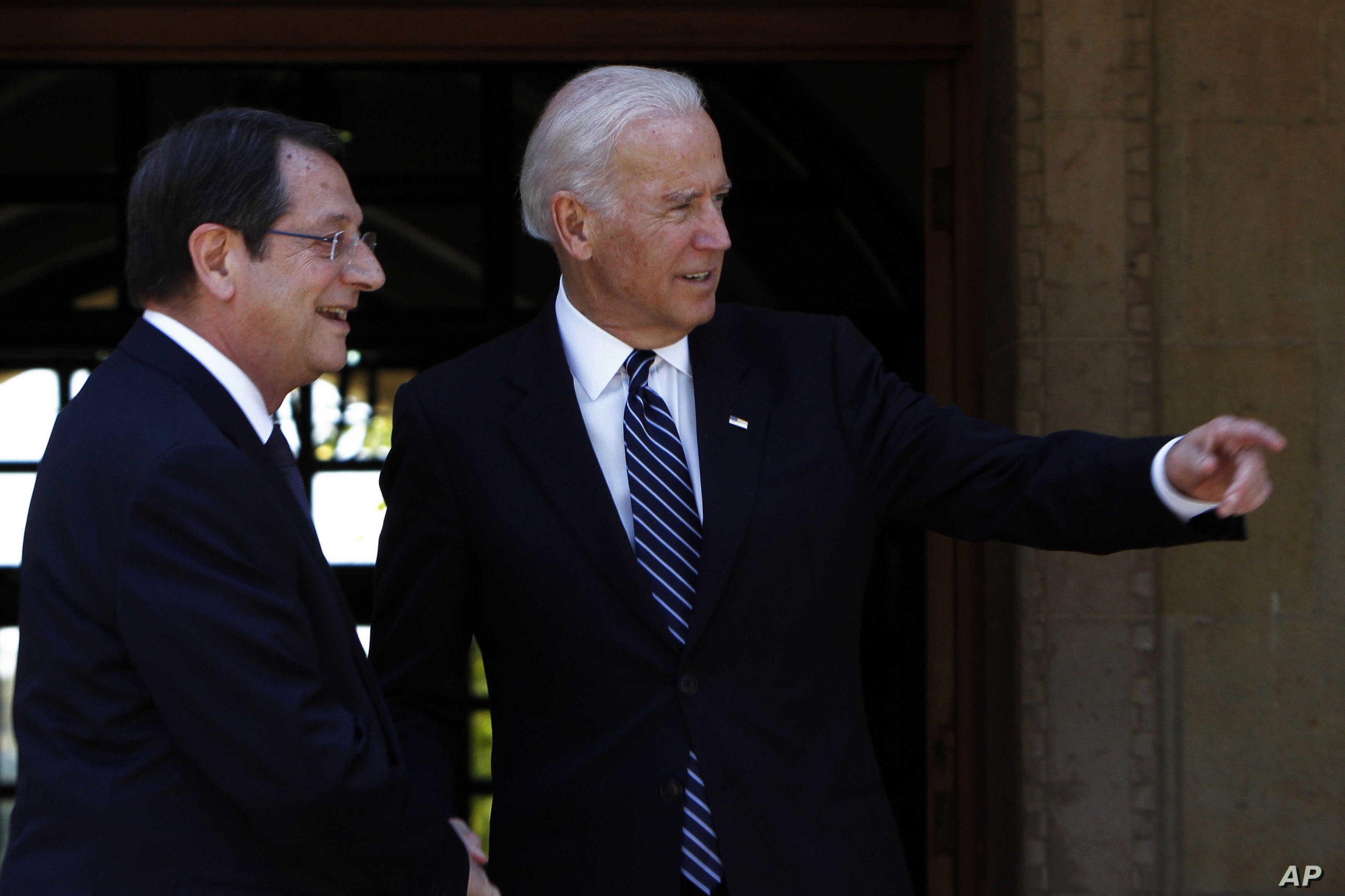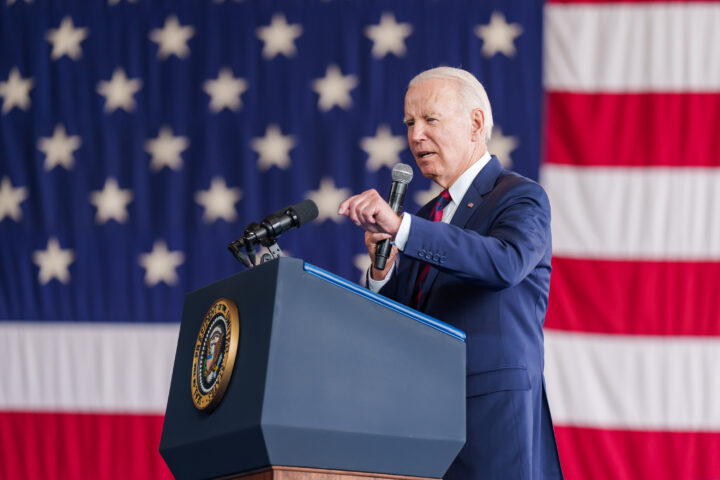By Dr Andrestinos N. Papadopoulos, Ambassador a.h.
Rarely has an electoral contest acquired such international interest as the one between Joe Biden and Donald Trump, since its outcome is expected to have consequences not only for individual countries but for the international order as well.
It is exactly for this reason that Biden’s election was greeted with relief by the international community, due to Trump’s questionable internal and external policies.
This is confirmed by the stance taken by the president-elect on many issues: reconciliation of the divided Americans, drastic measures to fight the pandemic, redressing the economy, return to the Paris Convention on climatic change and the World Health Organisation, the end of Trump’s isolation policy, and return of the country to its leading role, to mention the most important.
The new President will also have to face, inter alia, in his own way – based on his vast experience in foreign affairs and his respect for human rights, the rule of law, diplomacy and multilateralism – a great number of international challenges: relations with an economically strong China, the Iran nuclear programme, relations with the European Union, repercussions of Brexit, relations with NATO and a harder line towards Russia.
The developments in the eastern Mediterranean, where Turkey is illegally active in many fields (hydrocarbons, Syria, Libya, disputes with Greece), is a chapter of particular interest to the United States.
The objective is certainly stability in the region, and here Cyprus enters into the picture, because of the role it can play as a link in the trilateral agreements of cooperation, Israel-Cyprus-Greece, and Egypt-Cyprus-Greece.
This role was highlighted by Joe Biden, in 2014, when as Vice President of the United States he visited Cyprus and stressed that “Cyprus can be a growing force for peace, prosperity and stability in the eastern Mediterranean that would benefit us all.”
The pinnacle of Biden’s visit was his statement upon arrival at Larnaca airport when he made clear that “the United States…recognise only one legitimate government of the Republic of Cyprus and my visit and meetings throughout the island will not change that.
It is my personal position, it’s the position of the United States of America and it’s the position of the entire world, save one country.”
Reference to the legitimate government of the Republic of Cyprus echoes UN Security Council Resolution 541 of 18 November 1983, which considers the Turkish Cypriot UDI “as legally invalid” and calls upon all states “not to recognise any Cypriot state other than the Republic of Cyprus.”
A solution to the Cyprus problem without the consent of Turkey is impossible.
This will be an additional challenge for President Biden, after January 20, 2021.
In this regard, it should be mentioned that Turkey’s stand has inconvenienced the U.S. on many occasions, not only in the past but also in the present.
In the past, that was the case with Iraq, Iran, when in 2010 Turkey voted against the American draft resolution in the UN Security Council, providing for stricter sanctions against Tehran, Egypt, through her support to President Morsi and the Muslim Brotherhood, as well as her relations with Israel and Armenia.
In the present, apart from the illegal actions of Turkey in the eastern Mediterranean, what has become the final straw was Ankara’s decision to buy the S-400 missile batteries from Russia.
The difficult task for President Biden will be to strike the right balance between the burgeoning demand for sanctions against Turkey and the wish to keep Turkey within the western alliance and not to push her into the arms of Russia.
Concluding, we as Cyprus should comprehend that what is certain is that President Biden will primarily serve American interests.
However, he will do it differently from his predecessor.
Within the framework, therefore, of this differentiation, Cypriot diplomacy should prove through stand and actions that it pursues the harmonisation of the general interests of Cyprus and the US in our region.
The success of such a policy will allow us to consider the Biden election as a promising omen.










